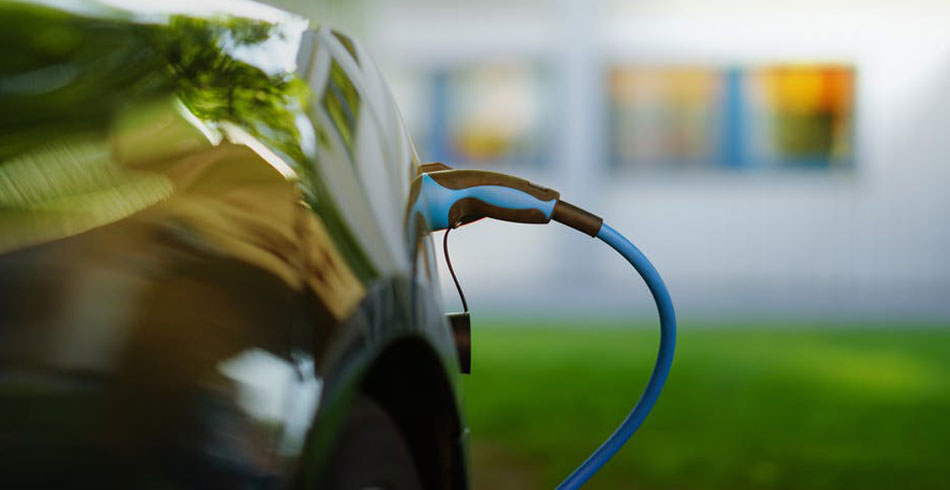
Subsidies for Electric Vehicles now available in Victoria



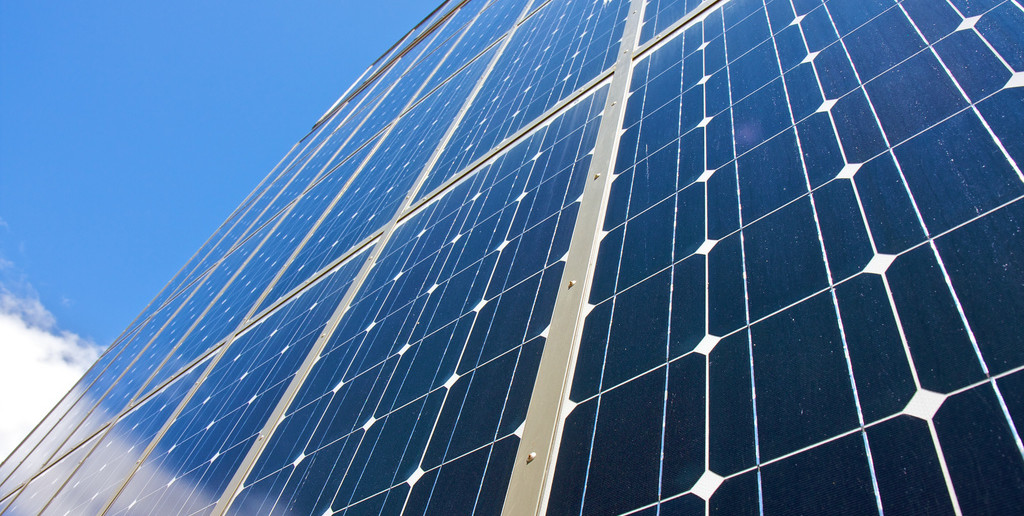
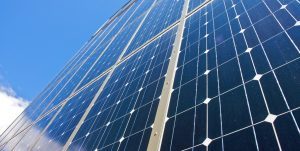 State government rebates for solar panels and battery storage are guaranteed at current values until 30 June 2021. From 1 July they will change, and based on past years, the change is likely to be downwards (but of course, you never know!).
State government rebates for solar panels and battery storage are guaranteed at current values until 30 June 2021. From 1 July they will change, and based on past years, the change is likely to be downwards (but of course, you never know!).
We are lucky in Victoria to have a generous rebate program for solar and batteries, as this is not the case in all states.
The Victorian Government rebates – administered by Solar Victoria through the Solar Homes program – are worth applying for if you are interested in solar panels or a battery for your home. Currently they are worth:
You can only apply for one rebate from the Solar Homes program – i.e. for panels or a battery, not both.
Solar Victoria will honour the rebate application of anyone who has submitted a completed application via their portal by 30 June, providing there are sufficient rebates and they meet the eligibility criteria. As of 28 May, the remaining allocation of rebates through to 30 June is around 7,600 for solar panels and 2,400 for batteries.
Before you can submit an application, you need a quote from an authorised solar retailer listed on the Solar Homes website.
We expect that demand for rebates will be high in June. Therefore, we encourage anyone considering applying for a rebate to request a quote as soon as possible.
If you have any questions, please contact MASH on 1300 466 274 or complete the obligation-free request a quote form at mash.org.au.
To check eligibility criteria, visit solar.vic.gov.au
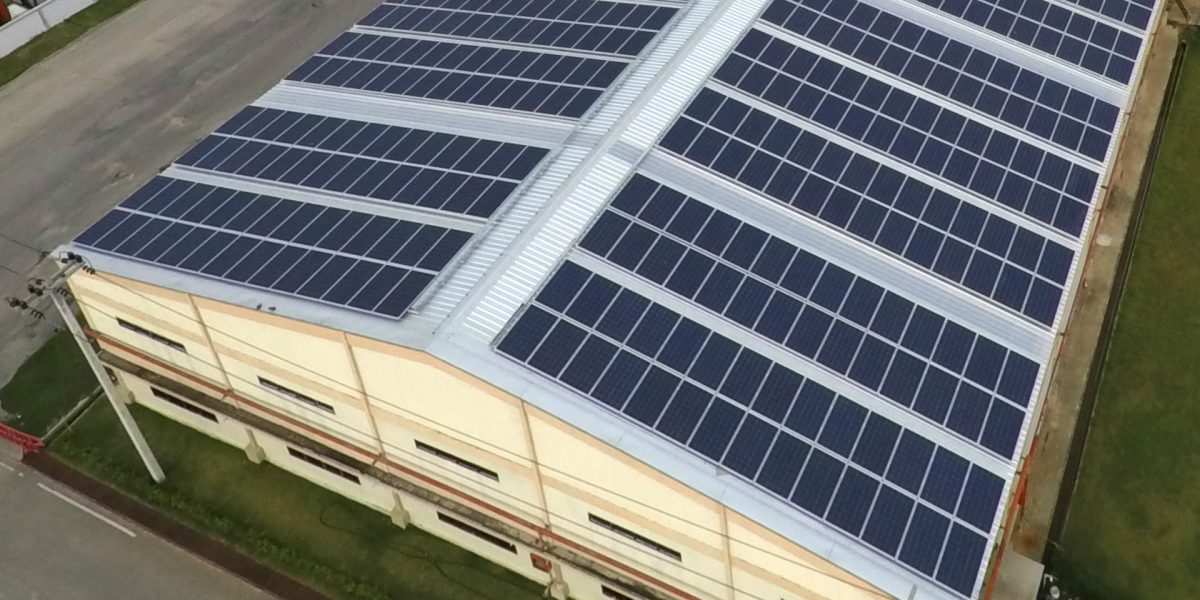
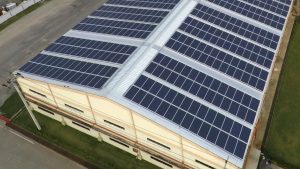
Becoming a greener business – and cutting your power bills – by installing solar panels has just got a whole lot more attractive with the new rebate from the Victorian Government.
Businesses who own their premises – as well as those who rent – are able to apply for the Solar for Business rebate worth up to $3,500 for systems sized up to 30kW. Applications are now open.
Through the MASH bulk-buy, we find the types of businesses who get the best financial return from solar include those that operate 9am-5pm. That’s because they’re using power from the solar panels instead of buying from the grid – that’s where the biggest savings are to be had.
A great example we’ve just run for a small café in Strathdale shows a breakeven of 2.2 years on a 10kW system. This is based on 50% of the power from the panels used in the business during its daytime operations.
With the business solar rebate of $3,500, this café could shave another four to five months off the breakeven bringing it to less than 2 years. Plus over the system’s lifetime the greenhouse gas emissions savings will be equivalent to planting 83 acres of forest – a point many customers will appreciate!
It is important to be aware that one of the eligibility criteria is that you must operate from premises that are non-residential and employ at least one person, not including the business owner, and less than 20 people. So if you operate from home, you won’t be eligible for the Business Solar Rebate but you may be eligible for the Solar Homes rebate worth up to $1,850.
If you are interested in finding out more, there’s an event on Monday 7 June hosted by Business Mount Alexander where you can meet the MASH team and find out more about the rebates and other financial incentives for businesses to go solar. Called, ‘The Business of Climate Change’ this event promises to be an inspiring occasion with a raft of excellent speakers.
Starting at 5.30pm, it is a catered event at the Goods Shed in Castlemaine. To find out more and to register, visit businessmountalexander.org.au.
And if you’d like to talk business solar now, call MASH on 1300 466 274 or visit mash.org.au and request an obligation-free quote.
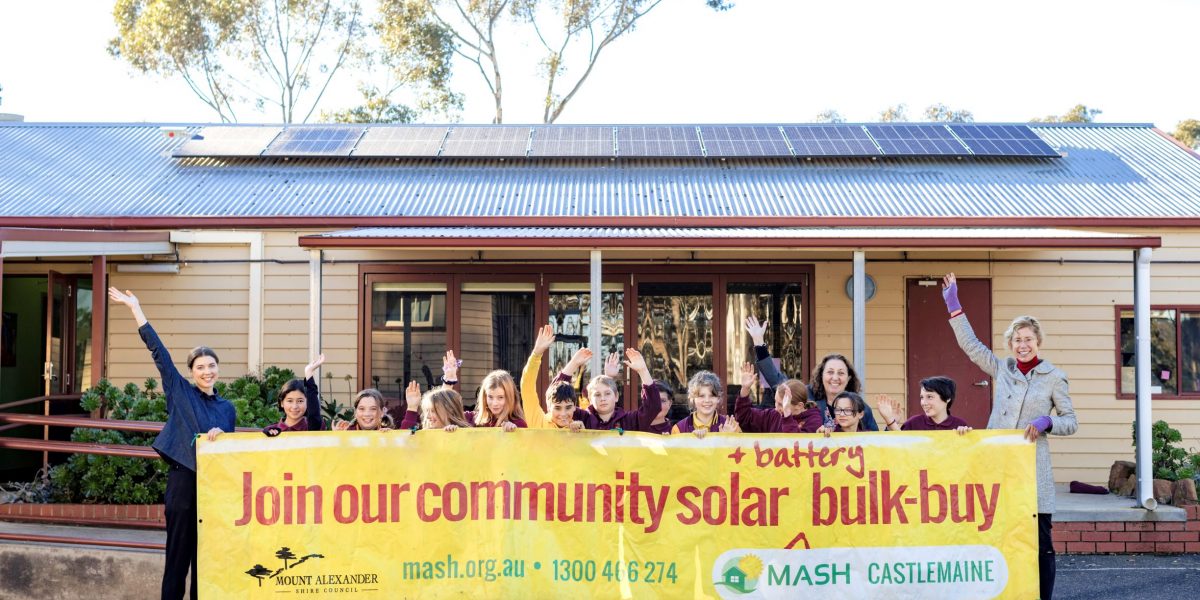
A free 6.6kW solar power system has been installed on Chewton Primary School funded by the MASH Community Solar Bulk-Buy which will reduce the school’s reliance on grid electricity by around 36 per cent. Electricity bill savings of around $1,000 a year from the system will go towards building an indigenous food garden to teach students about local flora.
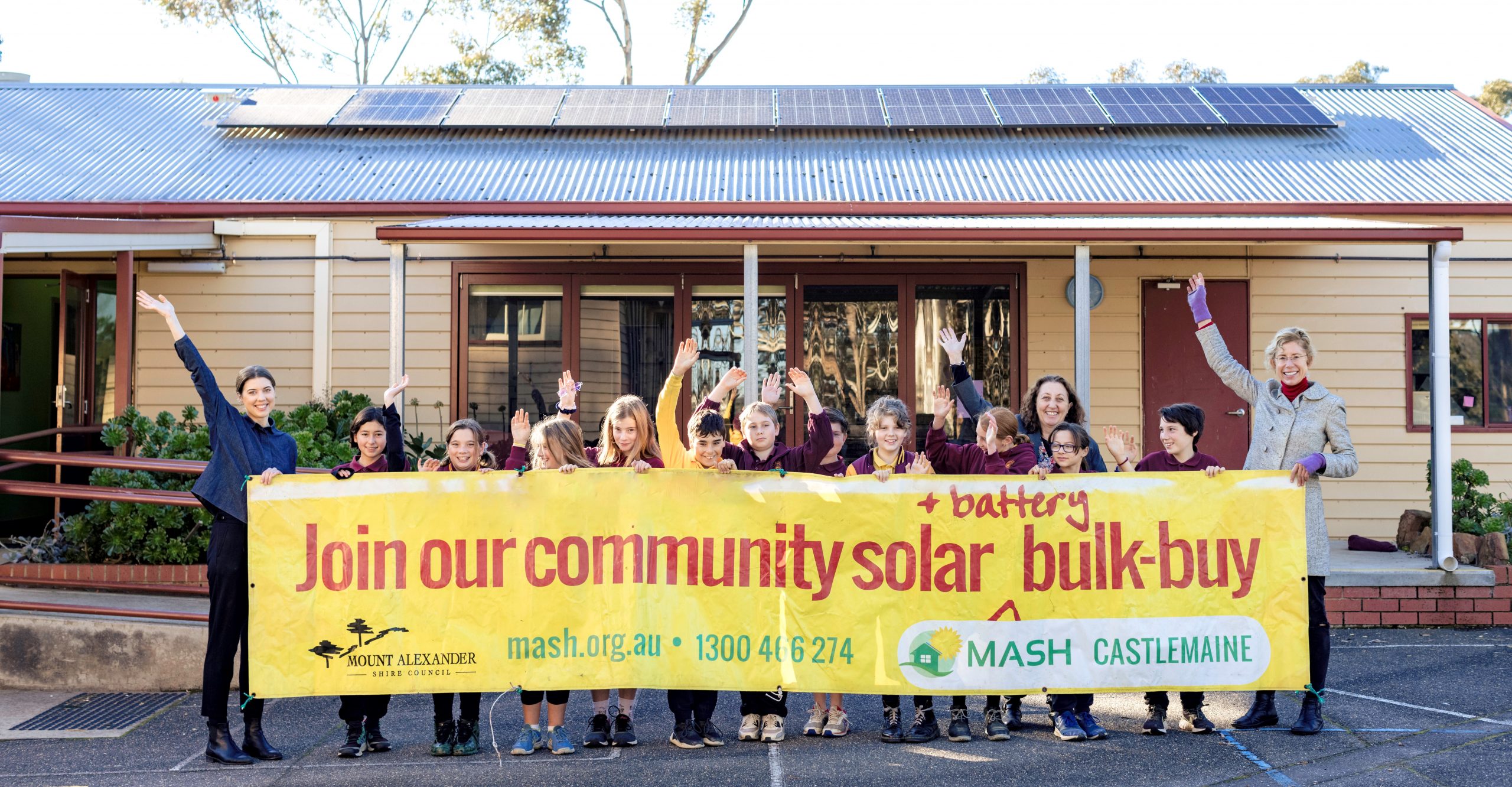
“As a 5-Star Resource Smart School, sustainability is a core part of our work and key to everything we do”, said Chewton Primary School Principal, Bernadette McKenna. “We’re delighted to have this new solar system for the financial savings it will provide as well as the carbon emissions savings which I understand are equivalent to planting around 50 trees a year.”
“In addition to the indigenous food garden, we also want to use the savings to install a watering system with drip lines to reduce the amount of water used in the garden”, said Ms McKenna. “Upgrading the school’s insulation and lighting to reduce our energy usage and carbon footprint are two other items on our list.”
It means our school and the community around here is more sustainable. – Xanthe
It’s great having solar panels because it saves us a lot of money. – Olivia
It means we don’t have to buy as much power because we can use what we produce. – Kirra, School Captain
It will help us produce less greenhouse gases. – Raffaella
The new solar system replaces an older 4kW system that was no longer producing power at the time. “We’re excited that we can recycle the old system”, said Ms McKenna. “We’re in the process of finding new homes for the panels and inverter so they’ll continue to be useful elsewhere.”
The installation took place a couple of weeks ago and is now awaiting a response from Powercor to address a high voltage issue before it can be switched on. “We’ve been very happy with the installation process – both the initial contact with the MASH team and dealing with their supplier, Cola Solar. The quality of the system is great. We’re feel very fortunate to have been selected for the MASH community bonus as the benefits for our school, the students and the local community are significant.” said Ms McKenna.
“This is the thirteenth solar system gifted to schools and community groups in the last three years through our bulk-buys,” said Jo Kaptein, Program Lead for the MASH Solar Bulk-Buy. “It’s always a cause for celebration when we’ve raised enough money to fund another free system for a school or community group. I’d like to thank everyone who has purchased a MASH system over the years as they’ve helped to make these solar gifts possible”.
To find out more about MASH call 1300 466 274 or visit mash.org.au.
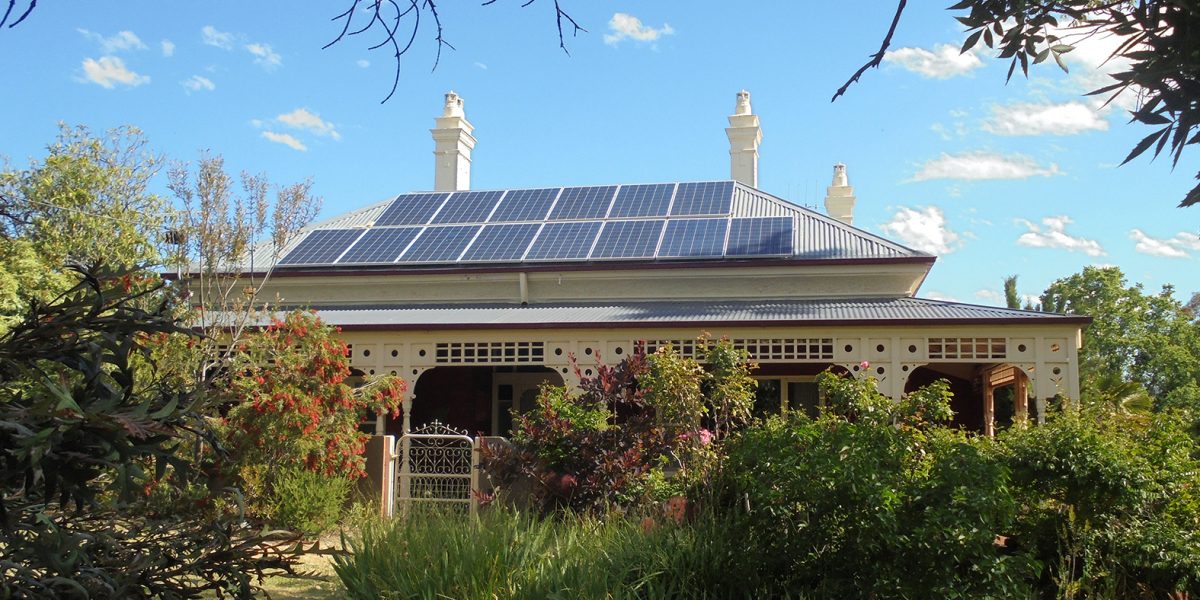
In this week’s article, I’ll demystify the value of the solar feed-in tariff and demonstrate what the drop in the tariff from 1st of July means in terms of payback on a typical solar power system.
The feed-in tariff (FiT) is the rate paid by your electricity retailer for energy fed back into the grid from your solar power system. It is set annually by the Essential Services Commission (ESC) with any changes coming into effect on the 1st of July.
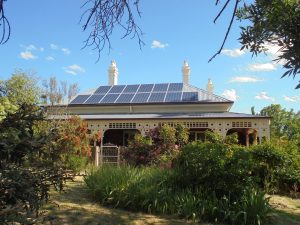
Today, the minimum flat rate feed-in tariff is 10.2 cents per kilowatt hour, with peak/off-peak rates at similar amounts.
From 1 July 2021, the flat rate feed-in-tariff will drop to 6.7 cents per kilowatt hour. According to the ESC, “the decrease in minimum feed-in tariffs is mainly due to recent decreases in wholesale electricity prices that are expected to continue into 2021-22.
For a 6.6kW solar power system – the most popular size through MASH – you will get around $156 less a year for your solar exports when the FiT drops to 6.7 cents. This assumes you use 50% of the solar power you generate in your home and export the rest to the grid.
So that’s the downside.
But how much are the total savings with a solar power system at the lower FiT?
There’s two parts to working this out.
First is calculating the amount you save by using your solar power rather than buying it from the grid. That’s a saving of around $1,114 a year. (Worked out by calculating what it would have cost if you had to buy 50% of the power you use from the grid at 25 cents per kilowatt hour).
The second part of the calculation is working out the money you make by exporting your excess solar to the grid and getting paid the feed-in tariff. This is around $299 assuming you export 50% of your solar power at 6.7 cents per kilowatt hour.
So the total savings you’ll make will be around $1,413 a year ($1,114 + $299) with a feed-in tariff of 6.7 cents per kilowatt hour.
That compares to total savings of around $1,569 a year at the 10.2 cent feed-in tariff for a 6.6kW system and same assumptions.
The good news is that the payback on a new solar power system is only marginally affected by the drop in the feed-in tariff. Assuming you qualify for the current Solar Victoria Rebate of $1,850, the payback for the above example changes from around 2.8 years (at the 10.2 cent FiT) to 3.1 years (at the 6.7 cent FiT), based on the price of a standard solar system through MASH.
That’s still an attractive payback figure in anyone’s book!
There’s no doubt that a well-sized solar system can make financial sense but there are a number of variables to consider which can affect your payback and the above results may not be achievable in your circumstances.
If you’d like to know whether ‘going solar’ is a good move for you, come to a MASH solar info meeting at the Castlemaine Senior Citizens Centre, 13 May, 6-7.30pm or Woodend Neighbourhood House, 20 May, 6-7.30pm. Register by calling 1300 466 274 or online at mash.org.au
By Jo Kaptein, Program Lead, MASH community solar bulk-buy organised by the Central Victorian Greenhouse Alliance (CVGA)
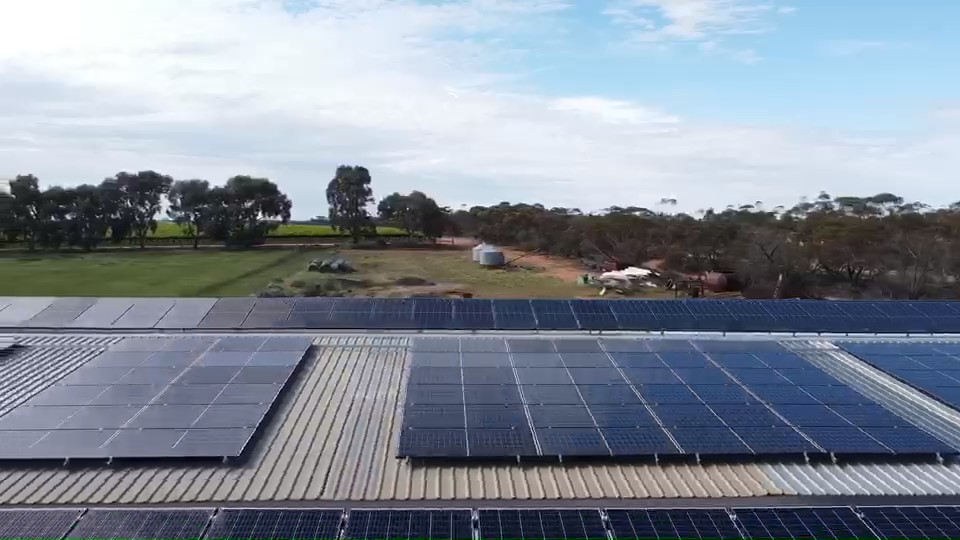
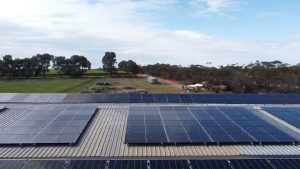
Wineries and farmers looking to slash their electricity bills are invited to attend an information meeting to be held at the Blue Pyrenees Estate, near Avoca, on Tuesday 18 May.
Hosted by the MASH Community Solar Bulk-Buy in partnership with Pyrenees Shire Council, those attending will learn about the solar installations at Robinvale Winery and Burkett Orange Farm. Both organisations recently had large solar power systems installed through the bulk-buy with the cost offset by substantial grants from Agriculture Victoria.
To be eligible for a grant – worth $20k to $250k – you must be a Victorian primary producer with total on-farm energy bills of at least $8,000 a year.
The deadline to apply for Agriculture Victoria’s free energy assessment is 15 July 2021, which is the first stage in the grant process.
To register for this information meeting– and to find about more about the MASH Community Solar Bulk Buy – please call 1300 466 274 or visit https://mash.org.au/solar-events/
The MASH (More Australian Solar Homes) Community Solar Bulk-Buy is a project of the Central Victorian Greenhouse Alliance, a not-for-profit organisation that supports councils in central and northern Victoria with projects that encourage the uptake of renewable energy. Visit mash.org.au